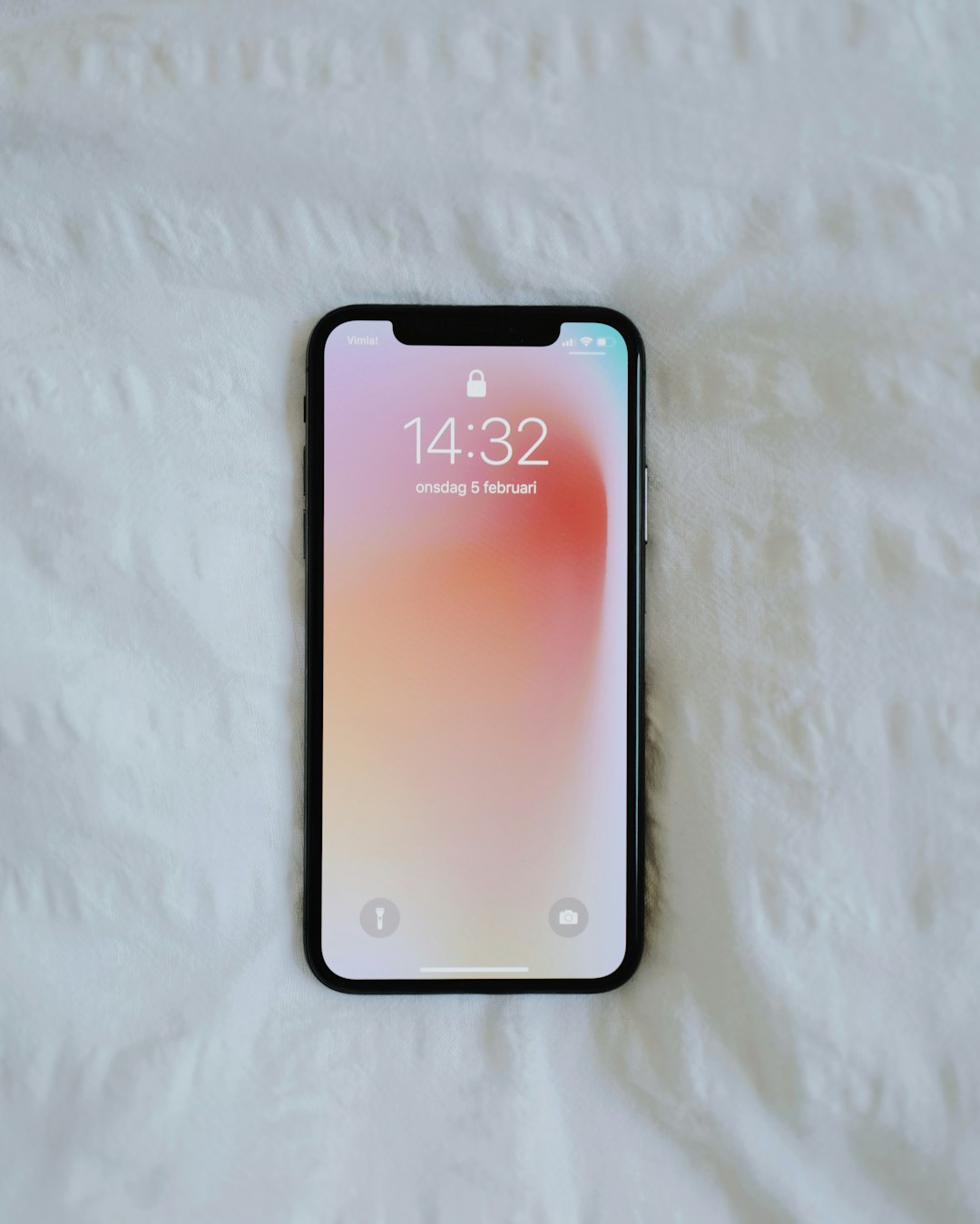In Ohio, the Telephone Consumer Protection Act (TCPA) restricts automated, mass phone calls (robocalls) without prior explicit consent. If you've received unwanted robocalls, you may have legal options, including filing lawsuits against offending companies. Ohio residents can consult with specialized robocall lawyers or attorneys to determine if their rights were violated and seek compensation through legal action. Documenting incidents, registering on "Do Not Call" lists, and hiring reputable law firms focused on consumer protection can offer additional support and tailored guidance. Successful litigation has led to substantial settlements, encouraging the growth of robocall law firms in Ohio dedicated to protecting privacy rights against aggressive call centers.
In today’s digital era, unwanted autodialed calls, or robocalls, have become a ubiquitous nuisance in Ohio. While many consumers struggle with these intrusions, understanding your legal rights and available options is empowering. If you’re asking, “Can I sue for robocalls?” this comprehensive guide explores Ohio laws, your rights as a resident, and effective strategies to challenge autodialers. Discover the role of robocall lawyers in Ohio and real-life success stories, providing valuable insights into navigating these legal complexities and reclaiming control over your phone lines.
- Understanding Robocalls and Their Legal Implications in Ohio
- When is Autodialing a Violation? Ohio Laws and Regulations
- Your Rights as an Ohio Resident Against Unwanted Calls
- Strategies to Challenge and Stop Robocalls Effectively
- The Role of a Robocall Lawyer: How They Can Help
- Success Stories: Real-Life Cases of Robocall Litigation in Ohio
Understanding Robocalls and Their Legal Implications in Ohio
In Ohio, as in many states, robocalls—automated telephone calls delivered en masse, often with pre-recorded messages—are regulated to protect consumers from unwanted and deceptive marketing practices. The Telephone Consumer Protection Act (TCPA) restricts companies from making automated calls without prior explicit consent. This law applies across the board, whether businesses are using live operators or robotic technology for their outbound calls.
If you’ve received a robocall in Ohio without your permission, understanding your legal rights is crucial. Individuals who believe they’ve been victimized by illegal robocalls have options, including potential lawsuits against the offending companies. A lawyer specializing in robocall cases can help navigate the complex legal landscape surrounding the TCPA and determine if compensation or other remedies are available to you. Ohio consumers who want to explore their rights and seek legal counsel from a reputable firm with expertise in handling robocall disputes can turn to dedicated robocall lawyers, attorneys, or law firms based in the state.
When is Autodialing a Violation? Ohio Laws and Regulations
In Ohio, autodialing can be a violation under certain circumstances. The state has strict regulations regarding unsolicited phone calls, particularly those made using automated dialing systems, also known as robocalls. While some businesses use autodialers for legitimate marketing purposes, exceeding certain limits or failing to obtain prior consent can result in legal repercussions. According to Ohio laws, businesses are prohibited from making automated calls to telephone numbers listed on the National Do Not Call Registry or those who have explicitly stated they do not wish to receive such calls.
If you’ve received unwanted robocalls and believe your rights have been violated, it’s advisable to consult with a lawyer specializing in robocall lawsuits. A Can I Sue For Robocalls attorney or law firm in Ohio can help assess your situation, determine if the autodialing was done without express permission, and guide you through the legal process if filing a lawsuit is warranted. There are significant fines and damages associated with non-compliance with Ohio’s regulations, making it crucial to take action if you’ve been harmed by unauthorized robocalls.
Your Rights as an Ohio Resident Against Unwanted Calls
As an Ohio resident, you have rights when it comes to unwanted phone calls, especially those from autodialers or robocalls. According to state laws, you are protected from receiving automated or prerecorded telephone messages unless you give explicit consent. If you’re being harassed by these types of calls, you may have legal recourse.
If a company or organization is using an autodialer to make calls en masse without your permission, you can take action. Ohio residents who have suffered due to these unauthorized calls can file a complaint with the Federal Trade Commission (FTC) and consult with a lawyer specializing in robocall lawsuits. Legal experts, including robocall lawyers and attorneys in Ohio, can help determine if a case is viable and guide you through the process of seeking compensation for your troubles. Many law firms in Ohio focus on consumer protection and are equipped to represent clients against violators of telephone consumer protection laws.
Strategies to Challenge and Stop Robocalls Effectively
If you’re tired of unwanted and disruptive robocalls in Ohio, knowing your rights and available strategies is crucial. One effective approach is to document each incident meticulously, including the caller’s information if possible. This evidence can be invaluable when pursuing legal action. Many individuals wonder, “Can I sue for robocalls?” The answer is yes; there are laws in place to protect consumers from these nuisance calls. In Ohio, consulting a robocall lawyer or robocall attorney specializing in telecom regulations can significantly enhance your chances of success. These legal professionals understand the complexities of telecommunications law and can help determine if a call violates federal or state regulations, such as the Telephone Consumer Protection Act (TCPA).
Additionally, registering your phone number on national “Do Not Call” lists is a proactive step. While it may not stop all robocalls immediately, it signals your explicit desire to be left alone and can deter some callers. For more robust protection, consider hiring a reputable robocall law firm in Ohio that specializes in representing clients affected by these intrusive calls. They can offer guidance tailored to your situation, ensuring you understand your rights and options for seeking compensation or stopping the calls altogether.
The Role of a Robocall Lawyer: How They Can Help
If you’ve been receiving unwanted automated phone calls in Ohio, knowing your rights and available options is crucial. This is where a robocall lawyer comes into play. These specialists are well-versed in telecommunications laws and have dedicated their practice to representing clients affected by nuisance robocalls. In Ohio, the Can I Sue For Robocalls attorney can provide invaluable guidance on whether you have a case and help you navigate the legal process.
A robocall lawyer Ohio will assess your situation, reviewing the details of the calls, including the content, frequency, and lack of explicit consent. If it’s determined that your rights under Ohio laws have been violated, they can take appropriate action. This may include sending cease-and-desist letters to the offenders, filing legal complaints, or even pursuing litigation to secure damages and block future robocalls. With their expertise, a robocall law firm Ohio can ensure you get the justice and relief you deserve from these intrusive calls.
Success Stories: Real-Life Cases of Robocall Litigation in Ohio
In recent years, numerous Ohio residents have taken a stand against unwanted autodialer calls, leading to successful litigation and substantial settlements. These real-life cases serve as a powerful reminder that aggressive robocall tactics are not only invasive but also illegal. Many individuals have sought legal counsel from reputable robocall lawyers and attorneys in Ohio to fight back against these nuisance calls.
Several law firms specializing in robocall litigation have emerged, offering their expertise to help consumers protect their rights. Through strategic lawsuits, they’ve not only secured financial compensation for victims but also sent a clear message to call centers across the state: violating consumer privacy laws will not be tolerated. These success stories encourage those who have endured persistent and unauthorized autodialer calls to explore their legal options and consider reaching out to a qualified lawyer or attorney in Ohio to discuss potential robocall litigation.






